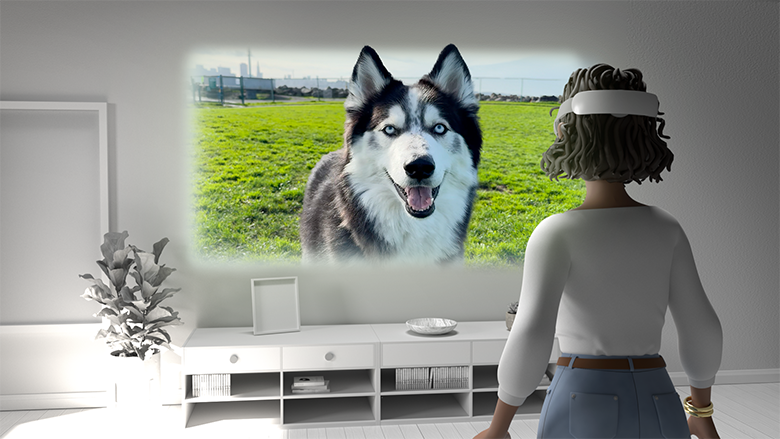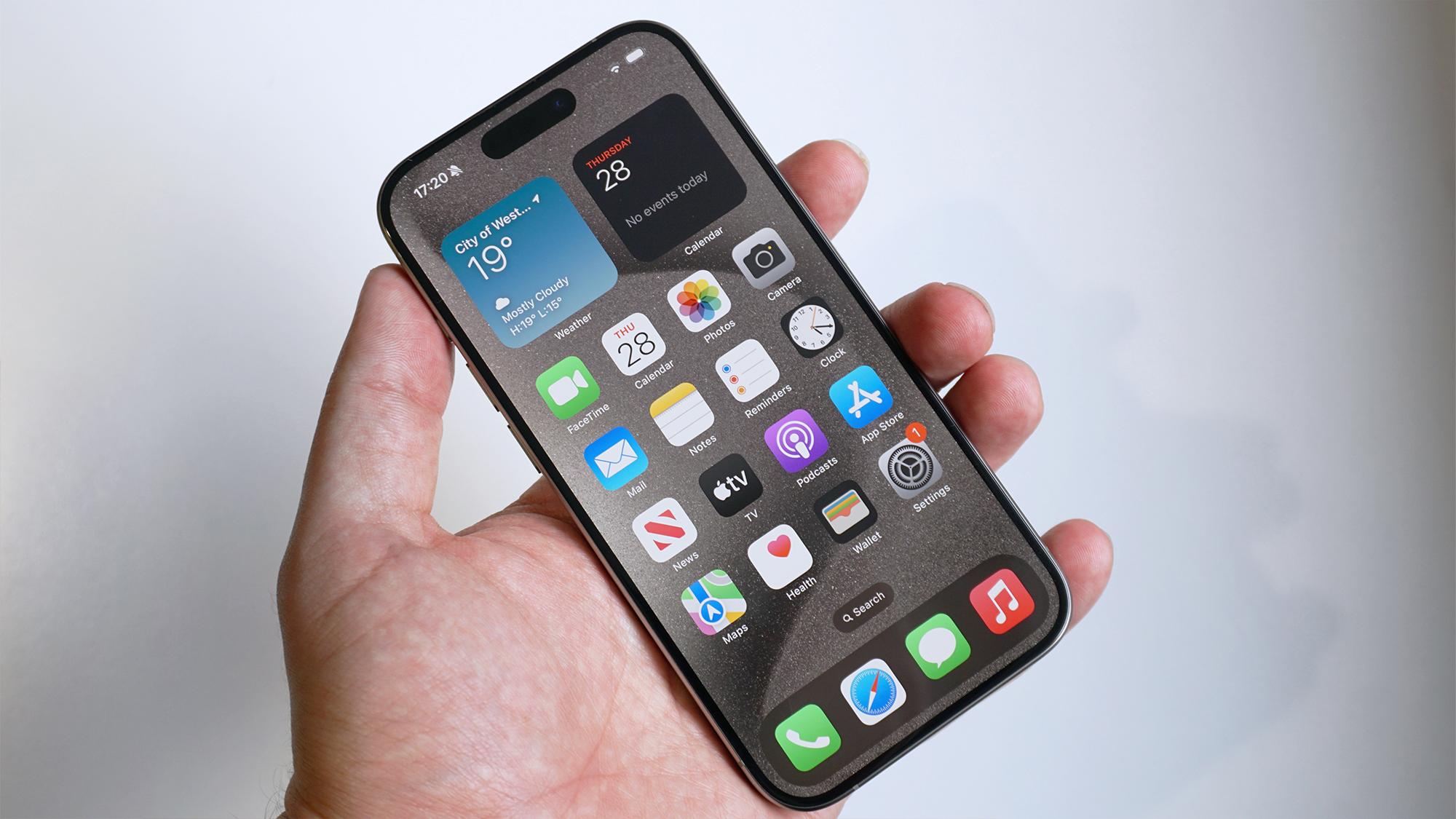
Just as the Vision Pro launches, Meta has started rolling out software update v62 to its Meta Quest 3, Quest Pro, and Quest 2. The new software’s headline feature is it’s now a lot easier to watch your spatial video recordings on Quest hardware – stealing the Vision Pro’s best feature.
You’ve always been able to view 3D spatial video (or stereoscopic video as most people call it) on Quest hardware. And using a slightly awkward workaround you could convert spatial video recordings you’ve made using an iPhone 15 Pro into a Quest-compatible format to watch them in 3D without needing Apple’s $3,500 Vision Pro. But, as we predicted it would, Meta’s made this conversion process a lot simpler with v62.
Now you can simply upload the captured footage through the Meta Quest mobile app and Meta will automatically convert and send it to your headset – even giving the videos the same cloudy border as you’d see on the Vision Pro.
You can find the recordings, and a few Meta-made demo videos, in the spatial videos section of the Files menu on your Quest headset.

Spatial video has been a standout feature referenced in nearly every review featured in our Apple Vision Pro review roundup – with our own Lance Ulanoff calling it an “immersive trip” after one of his demos with the Apple headset. So it’s almost certainly not a coincidence that Meta has announced it’s nabbed the feature literally as the Vision Pro is launching.
Admittedly Quest spatial video isn’t identical to the Vision Pro version as you need an iPhone 15 Pro – on the Vision Pro you can use the iPhone or the headset itself – but over time there’s one potential advantage Meta’s system could have. Non-exclusivity.
Given that other smartphone manufacturers are expected to launch headsets of their own in the coming year or so – such as the already teased Samsung XR headset created in partnership with Google – it’s likely the ability to record 3D video will come to non-iPhones too.
If this happens you’d likely be able to use whichever brand of phone you’d like to record 3D videos that you can then convert and watch on your Quest hardware through the Meta Quest app. Given its typical walled garden approach, you’ll likely always need an iPhone to capture 3D video for the Vision Pro and Apple’s future headsets – and Samsung, Google, and other brands that make smartphones may also impose some kind of walled garden to lock you into their hardware.

Other v62 improvements
It’s not just spatial video coming in the next Quest operating system update.
Meta has added support for a wider array of controllers – including the PS5 DualSense controller and PS4 DualShock – that you can use to play games through apps like the Xbox Cloud Gaming (Beta) or the Meta Quest Browser.
Facebook Livestreaming, after being added in update v56, is now available to all Meta Quest users. So now everyone can share their VR adventures with their Facebook friends in real-time by selecting “Go Live” from the Camera icon on the Universal Menu while in VR (provided your Facebook and Meta accounts are linked through the Accounts Center).
If you prefer YouTube streaming, it’s now possible to see your chat while streaming without taking the headset off provided you’re using OBS software.
Lastly, Meta is improving its hand-tracking controls so you can quickly access the Universal Menu by looking at your palm and doing a short pinch. Doing a long pinch will recenter your display. You can always go back to the older Quick Actions Menu by going into your Settings, searching for Expanded Quick Actions, and turning it back on.







